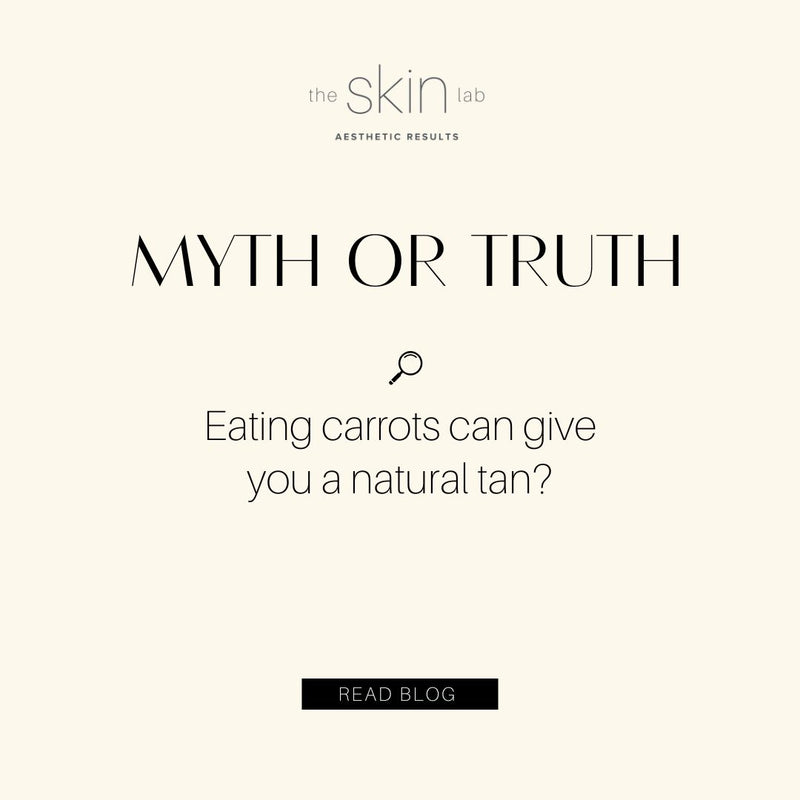Can Eating Carrots Give You a Tan? Myth or Truth?

The notion that munching on carrots can give you a natural tan has gained traction, especially on social media platforms like TikTok. But how much truth is there to this claim? Let’s delve into the science behind it.
Carrots are rich in beta-carotene, a pigment that not only gives them their vibrant orange color but also serves as a precursor to vitamin A, essential for various bodily functions, including vision, immunity, and skin health. When consumed, beta-carotene is converted into vitamin A, but the body regulates this process. If you already have sufficient vitamin A, the body slows down or halts the conversion of beta-carotene, meaning excess beta-carotene may be stored in the liver or released through sweat and urine.
The term "carotenoderma" refers to the yellow-orange skin tint that can occur from high consumption of beta-carotene-rich foods like carrots. However, achieving this effect typically requires significant intake. Research suggests that you’d need to consume around seven to ten carrots daily over several weeks to notice a meaningful change in skin color. Some case studies have indicated that people who consumed about three kilograms of carrots per week (approximately seven large carrots a day) experienced noticeable skin changes. This is far more than the three carrots a day suggested by viral social media posts.
It’s important to clarify that the color change induced by beta-carotene is not the same as a tan achieved from sun exposure. A sun tan results from increased melanin production as a natural defense against UV radiation. In contrast, the yellow-orange tint from beta-carotene consumption is purely cosmetic and does not offer the same skin protection or health benefits associated with melanin.
Additionally, the absorption of beta-carotene can vary based on several factors, including the type of carrots consumed, their preparation (cooked or raw), and individual health factors like weight and gut health. Carrots are not the only source of beta-carotene; other colorful vegetables and fruits, such as sweet potatoes, spinach, and butternut squash, also provide this pigment.
While incorporating carrots into your diet can be beneficial, it's crucial not to rely solely on them for skin enhancement or tanning. A varied diet rich in different fruits and vegetables will not only provide a broader spectrum of nutrients but can also promote overall skin health. Furthermore, regardless of dietary choices, it's essential to protect your skin from sun damage by using sunscreen and practicing safe sun exposure habits.
In conclusion, while eating carrots may impart a slight yellow-orange tint to your skin due to high beta-carotene intake, the idea that they can give you a tan is largely a myth. If you're looking for a true tan, sun exposure is necessary, albeit with precautions to protect your skin. A balanced diet, rich in various vegetables, combined with sun safety measures, remains the best approach for healthy skin.
So, while munching on carrots can be a healthy addition to your diet, don’t count on them as a shortcut to a sun-kissed glow!